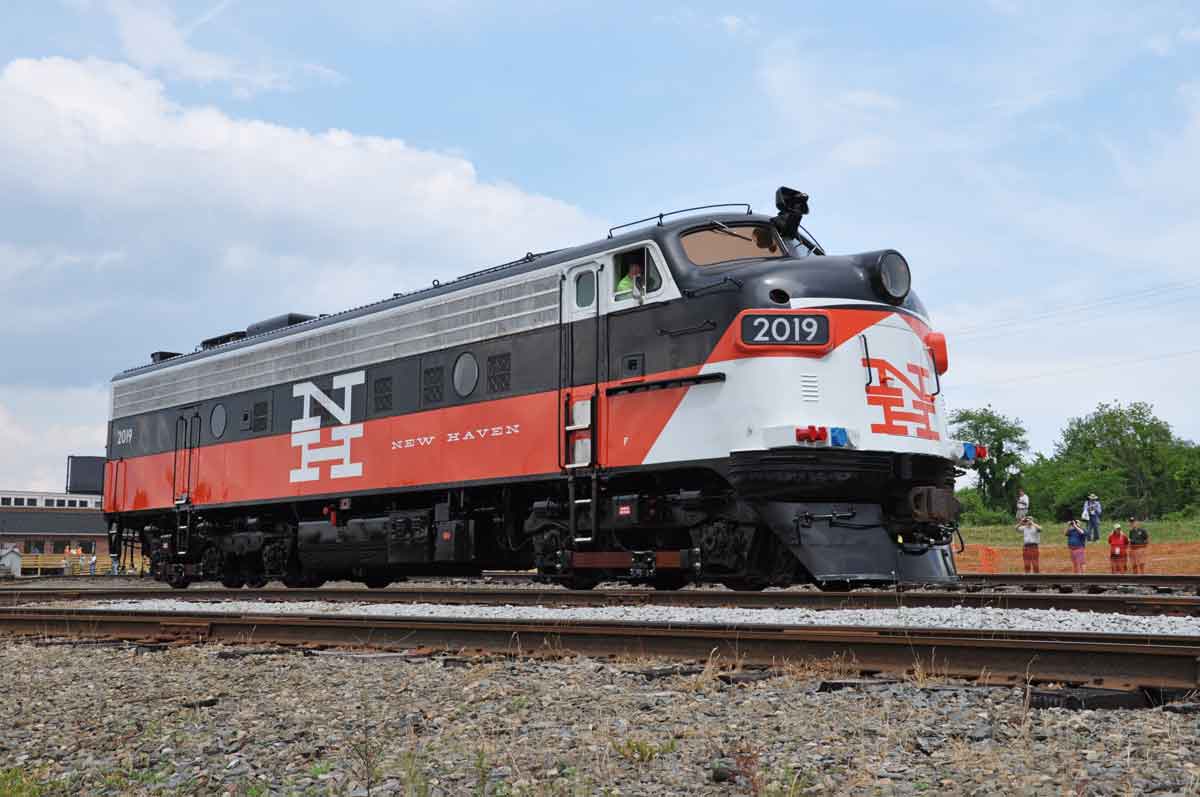The court ruled that counterclaims filed by a railroad against its allegedly negligent employees are not prohibited by the Federal Employers’ Liability Act. The injured railroaders suing Canadian National argued that their lawsuits prevented any countersuit by the railroad because it be construed to interfere with the workers’ rights under the liability act.
The 5-2 opinion filed Dec. 19 reverses an appellate court decision and sends the case back to the Circuit Court for further proceedings.
CN tells News Wire it doesn’t comment on pending litigation. Attorneys representing the railroaders did not respond to requests for comment.
According to the court opinion, the plaintiffs and railroaders, conductor Melvin Ammons and engineer Darrin Riley, filed separate lawsuits against Canadian National and subsidiary Wisconsin Central for injuries suffered during their employment with the railroad in December 2014. The railroaders were operating a train that struck another stationary train on the same track. Canadian National claimed the damage to locomotives, track, and equipment was in excess of $1 million.
In their lawsuits, the railroaders said Wisconsin Central was negligent in violating various rules and regulations, which resulted in their injuries. Wisconsin Central denied liability and filed counterclaims. In the counterclaims, Wisconsin Central said the railroaders acted negligently.
Railroaders argued that Canadian National’s lawsuit was prohibited by law and an Illinois appellate court agreed after reviewing contradictory case law including one case where a court rules that “the counterclaims are retaliatory devices calculated to intimidate and exert economic pressure on injured employees, curtail their rights when asserting injury claims and supplying information, and ultimately, exempt the railways from liability under the [the liability act].”
CN’s Wisconsin central appealed to the state Supreme Court.
In its opinion upholding the counterclaims, the high court said that there were several cases that fell on both sides of the issue. But it cited four “better reasoned” cases in which counterclaims were not prohibited under sections of the liability act.














